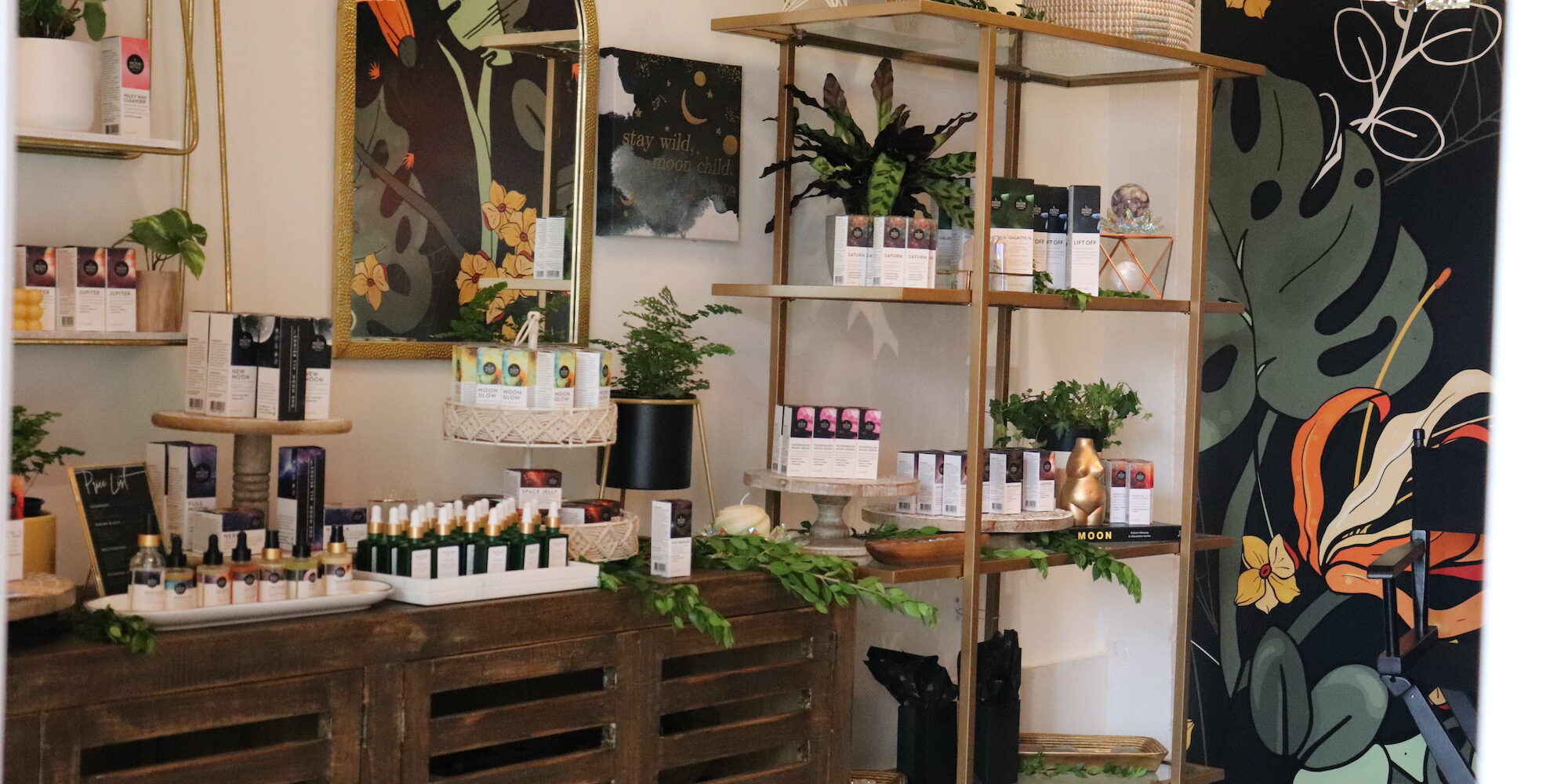
Moon Beings Is The Latest Indie Beauty Brand To Open A Retail Concept
At the beginning of the year, Moon Beings founder Melanie Tritt expected to get her 2-year-old clean skincare brand into retail. She was happy with its direct-to-consumer business, thanks in large part to traction gained from her work with influencers, but determined retail would be a good next step to drive its growth. However, her expectation was upended by the harsh realities she faced in the market.
“Retail is very saturated, people are looking for less cost, more accessible products,” says Tritt. “Even though I do have a higher end product that is at a very accessible price, it’s not something that wholesalers, at least the wholesalers that I’m dealing with, want. They’re just buying your product versus somebody else’s product. It’s very hard to convince people. The whole plan this year was retail and indirectly building my DTC, but that philosophy is, I wouldn’t say it’s becoming antiquated, but it’s quickly changing.”
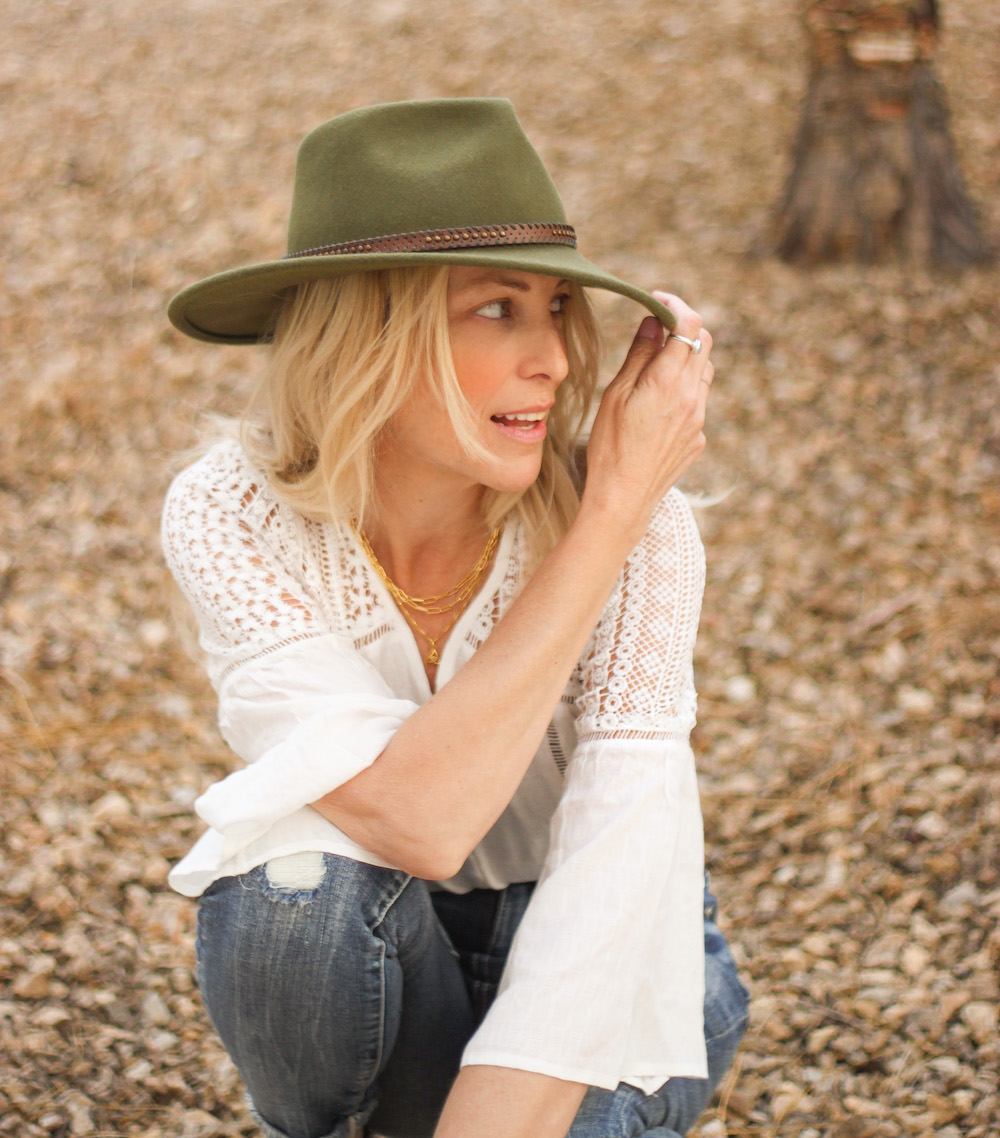
Tritt decided to pivot. She didn’t give up on brick-and-mortar retail, but opted to create her own retail space rather than depend on others to clear it for her. In March, Tritt opened a 1,600-square-foot retail location in Temecula, Calif., where she lives. She describes the location has a “collaborative installment.” It incorporates a yoga studio, treatment room and common area, where Moon Beings’ facial skincare ranging from about $20 to $60 is displayed.
Health and well-being teachers and service partners are invited to partner with Moon Beings for short- and long-term engagements at the space. Tritt estimates that the aesthetics alone cost about $10,000. “What I did was negotiated for aesthetics against rent,” she says.
Moon Beings joins a burgeoning cohort of indie beauty brands that have established retail outposts across the country for a variety of reasons, including control of their distribution and margin. Opening a store became particularly attractive after the pandemic emerged in the United States because rental rates decreased. Retail spaces also enable brands to market to their communities directly rather than depend on digital advertising characterized by lofty costs of customer acquisition.
To Tritt, planting local roots was important. “We’re not all able to travel now, “ she says. “Gas prices are crazy, and some people are just really more comfortable being in their communities right now. People are redefining what bubbling means, it means being involved in your community, experiencing different events in your community. That is what people are wanting, and people buy product inside these events. That is my goal, to keep repeating the success I’m already seeing in the short amount of time here with what I’m doing now.”
Temecula is uniquely positioned to have inventive indie retail scene thrive. About 113,000 people reside in the Riverside County city, but visitors swell its daily population. Known for its wineries and outdoor recreation, people from throughout Southern California flock to it. “We get 3.1 million visitors that come through here going to two areas,” says Tritt. “If they’re going to the winery, when they’re done, they’re going to dinner and then an area called Old Town, which is a really cute walking street, about seven blocks long, equivalent to four New York City blocks. It’s packed with a lot of great stuff.”
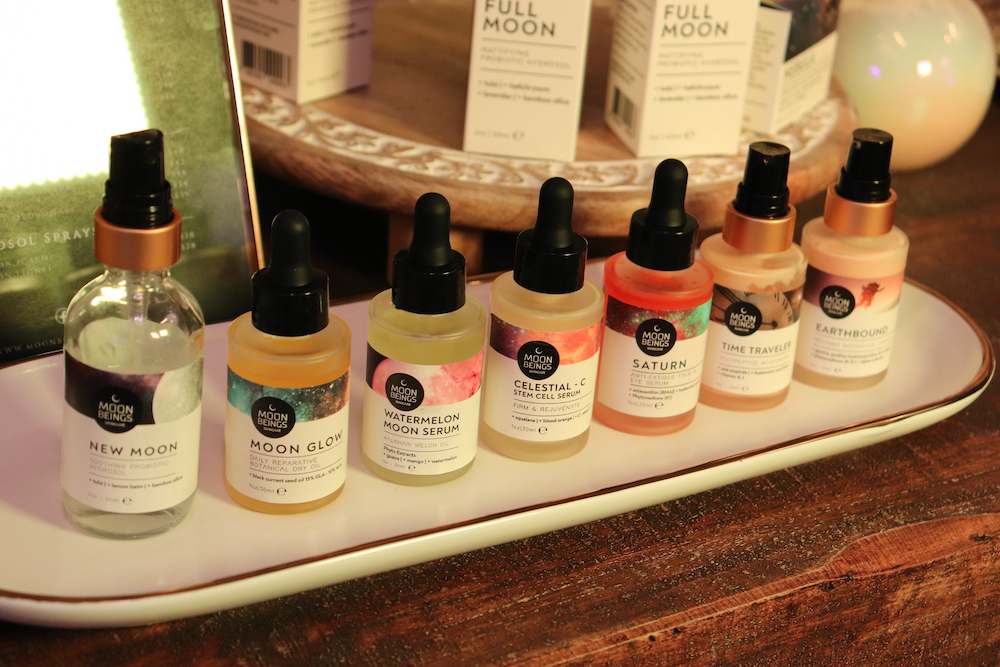
The idea of opening a store in Temecula initially occurred to Tritt in 2018, when she moved to the city from Los Angeles and began developing Moon Beings. Prior to opening the Moon Beings’ store, she connected with retailers in Old Town that carried her brand’s products either via a traditional wholesale agreements or revenue sharing, and business at those retailers helped convince her a Moon Beings store would be viable. “I wasn’t even doing any marketing for it. It just was flying off the shelf,” she says. “I thought, ‘This is really interesting.’”
In the months Moon Beings’ shop has been open, Tritt shares bestsellers at it are Moon Beings’ $58 Watermelon Moon Oil Serum packed with meadow foam, blueberry seed and kalahari oils, and its $42 Celestial C Serum powered by squalane and blood orange. Tritt has restocked the store three times since March, and the brand’s sales both in the store and out of it have increased 40% since the opening, validating the location’s ability to boost Moon Beings’ overall presence.
Tritt always believed an omnichannel strategy is ideal for a growing beauty brand. Though the execution of that approach looks different than what she originally envisioned, the desired result is the same. Tritt says, “It’s been nice to see that promoting a walk-in store increases online DTC sales and PR outreach to Moon Beings as well.”


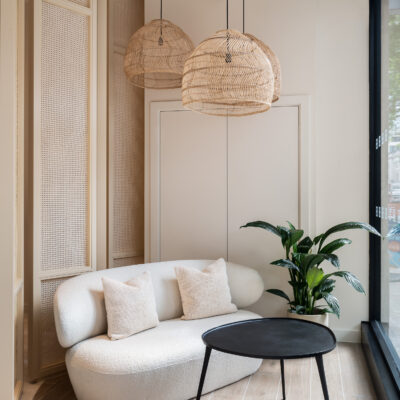
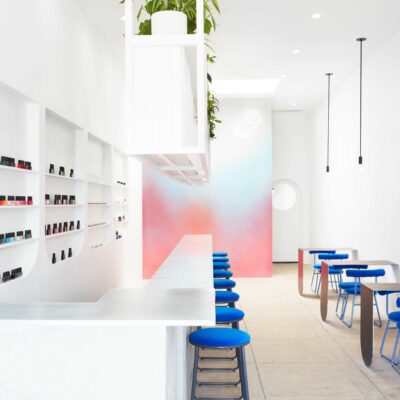


Leave a Reply
You must be logged in to post a comment.